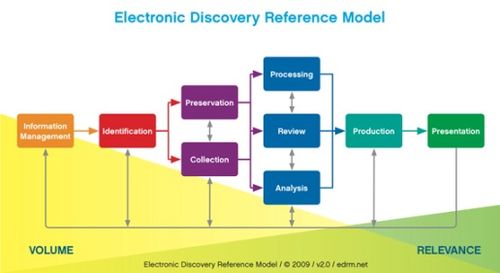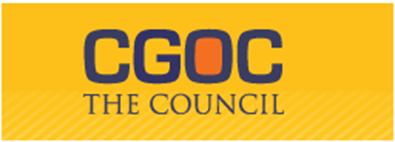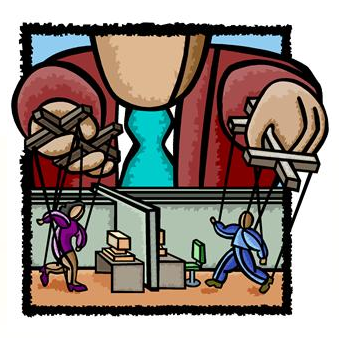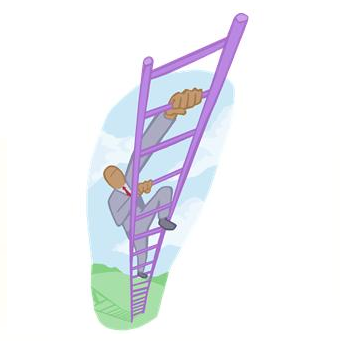eDiscovery Trends: EDRM and Statistical Sampling
eDiscovery Trends: EDRM and Statistical Sampling https://cloudnine.com/wp-content/themes/cloudnine/images/empty/thumbnail.jpg 150 150 CloudNine https://cloudnine.com/wp-content/themes/cloudnine/images/empty/thumbnail.jpg
I’ve been proud to be a member of The Electronic Discovery Reference Model (EDRM) for the past six years (all but the first year) and I’m always keen to report on activities and accomplishments of the various working groups within EDRM. Since this blog was founded, we’ve reported on several EDRM accomplishments. EDRM’s latest announcement yesterday is a new guide, Statistical Sampling Applied to Electronic Discovery, which is now available for review and comment.
read more




